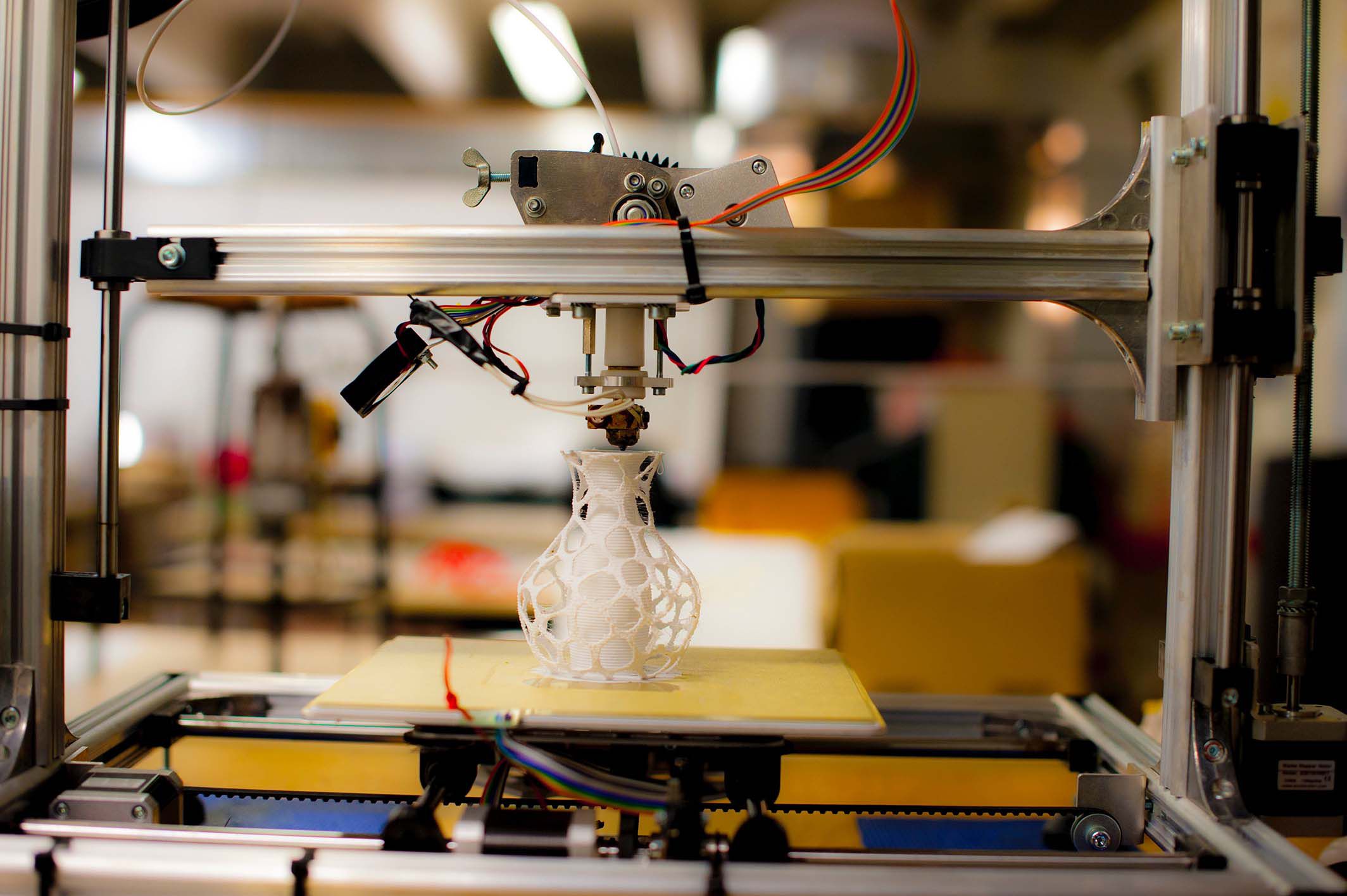Semiconductors are an integral part of modern technology, powering everything from smartphones and laptops to cars and medical equipment. As the world becomes increasingly digital, the demand for semiconductors is only expected to rise. In this blog post, we will explore the current state of semiconductor technology and its potential to revolutionize industries in the near future.
1. Introduction to Semiconductors
Semiconductors are materials that have electrical conductivity between that of a conductor and an insulator. Silicon is the most commonly used material in semiconductor manufacturing due to its abundance and ease of processing. Semiconductors are used to make transistors, which are the building blocks of modern electronic devices.
2. Applications of Semiconductors
Semiconductors are used in a wide range of applications, including consumer electronics, automotive, aerospace, and healthcare. In consumer electronics, semiconductors are used to power smartphones, laptops, and other devices. In the automotive industry, semiconductors are used in advanced driver assistance systems (ADAS), electric powertrains, and infotainment systems. In healthcare, semiconductors are used in medical equipment such as MRI machines and pacemakers.
3. Current Trends in Semiconductor Technology
The semiconductor industry is constantly evolving to meet the demands of the digital world. Some current trends in semiconductor technology include:
- Miniaturization: As devices become smaller and more powerful, there is a need for smaller and more efficient semiconductors.
- Artificial Intelligence (AI) and Machine Learning (ML): The demand for AI and ML is driving the need for more powerful and specialized semiconductors.
- Internet of Things (IoT): The proliferation of IoT devices is increasing the demand for low-power, highly efficient semiconductors.
4. Future Applications of Semiconductor Technology
The potential for semiconductors to revolutionize industries is immense. Here are some potential applications of semiconductor technology in the future:
- Autonomous vehicles: The development of autonomous vehicles requires specialized semiconductors for processing and decision-making.
- Renewable energy: Semiconductors can be used to improve the efficiency and performance of solar cells and other renewable energy technologies.
- Quantum computing: The development of quantum computing requires specialized semiconductors that can operate at extremely low temperatures and in a highly controlled environment.
5. Challenges and Opportunities in Semiconductor Technology
As with any rapidly advancing technology, there are both challenges and opportunities in semiconductor technology. Some challenges include the need for more efficient manufacturing processes, concerns about the environmental impact of semiconductor production, and the potential for cybersecurity threats in IoT devices. However, there are also many opportunities, such as the potential for semiconductors to drive innovation and improve quality of life for people around the world.
Conclusion
Semiconductor technology has come a long way since its inception, and its potential to revolutionize industries in the future is immense. With new applications and technologies emerging every day, the semiconductor industry is poised for continued growth and innovation.








